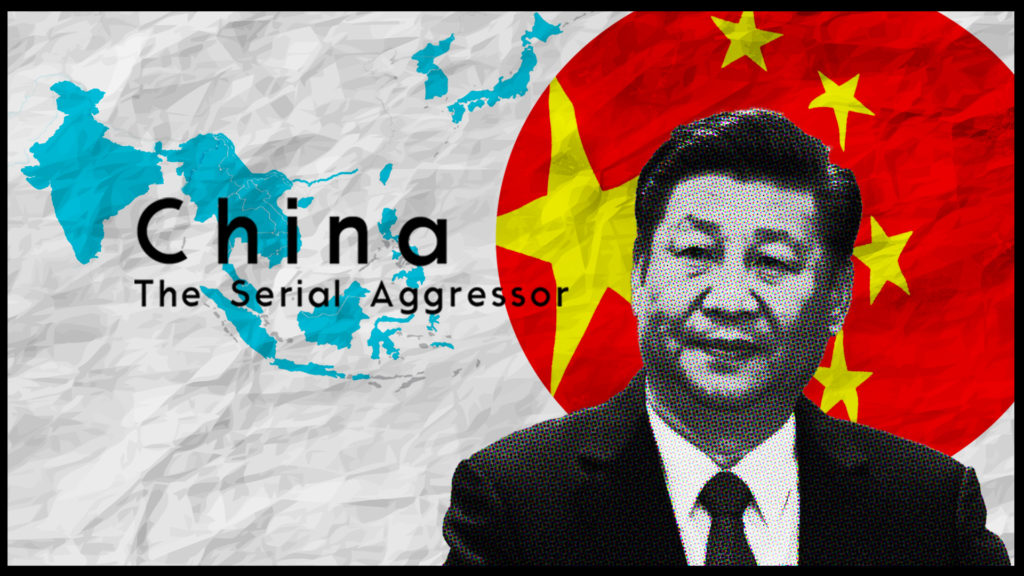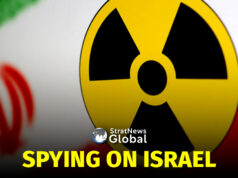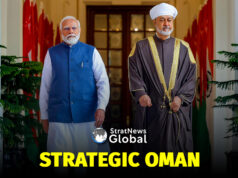NEW DELHI: The top Chinese parliamentary body, the National People’s Congress (NPC) Standing Committee, is rushing to finalise and pass Hong Kong’s national security law ahead of the July 1, the 23rd anniversary of the former British colony’s return to Chinese sovereignty. Wilson Leung, a barrister and activist speaks to StratNews Global Associate Editor Amitabh P. Revi on the hurry for the new law, which Beijing-appointed, nominally elected Hong Kong Chief Executive Carrie Lam claims even she hasn’t seen. Some leaked provisions, Leung says, could be life-terms, a retroactive implementation with no-jury trials, hand picked judges, secret detention facilities and the NPC, a political body, having the final say in interpretation of the law. A member of the Progressive Lawyers’ Group, he adds, the law is the beginning of the end of Hong Kong as it is known. One of the reasons for it is Beijing’s need to clamp down on dissent and possibly even arrest legislative candidates like well known activist Joshua Wong and businessman Jimmy Lai before the scheduled September elections. He contends that COVID-19 has been used as a convenient excuse to prevent protests which have in the past forced the shelving of a similar law in 2003 and a proposed extradition legislation this year. The elderly are being pepper sprayed and 10-year-old schoolchildren pinned to the ground to scare protesters even as bars, restaurants, massage parlours and theme parks are allowed to function during the pandemic, he says. China is not concerned about world leaders and organisations making statements and resolutions, Mr Leung points out, saying only concerted and concrete action like specific sanctions or trade and tech tariffs can have any hope of modifying China’s worldwide aggression. Big business’ money is where its mouth is, he says, and will probably lobby governments to make only symbolic noises. Immigration inquiries in Hong Kong are up twenty times in recent months he adds. It’s not too late, he concludes, if the world wakes up to the fact that decades of quiet diplomacy has failed and countries like India take a concerted stand with other democracies, especially after the deadly Galwan clashes.
The 'Eye' of the story not the 'I' of the story. That's Amitabh Pashupati Revi's credo from the beginning of his professional journey in 1995. From conflicts in the war zones of Afghanistan, Syria, and Iraq to nuances of international politics in the Maldives,Thailand, and South Sudan, Amitabh has reported from all the world's continents, except for Antarctica(so far). Though, he has documented the world's third pole, the Siachen Glacier!
Amitabh reports and produces documentaries on the two-front China-Pakistan threat to India. His ground reports from Arunachal Pradesh and Ladakh have received viewership in the hundreds of thousands. Amitabh has interviewed world leaders, top global analysts, and experts in India, Russia, the United States, and Australia as well. Along the way, he’s picked up the Russian language, the Ramnath Goenka Award for his reporting on the 'Islamic State' terrorist group in Iraq, the Khaled Alkhateb Award for his reporting from Palmyra, Syria, and the UN Dag Hammarskjöld Distinguished Journalist Fellowship. Last but not least, as a founder member of StratNews Global, Amitabh helps lead the reporting, editorial, production, and administration teams at StratNews Global, BharatShakti, and InterStellar on their journey ahead.





